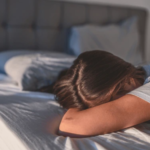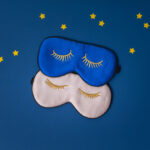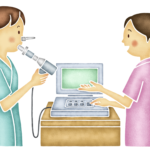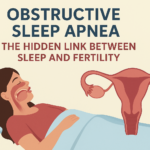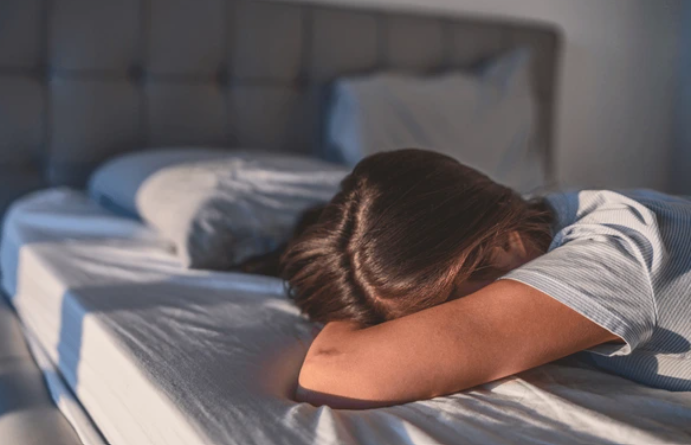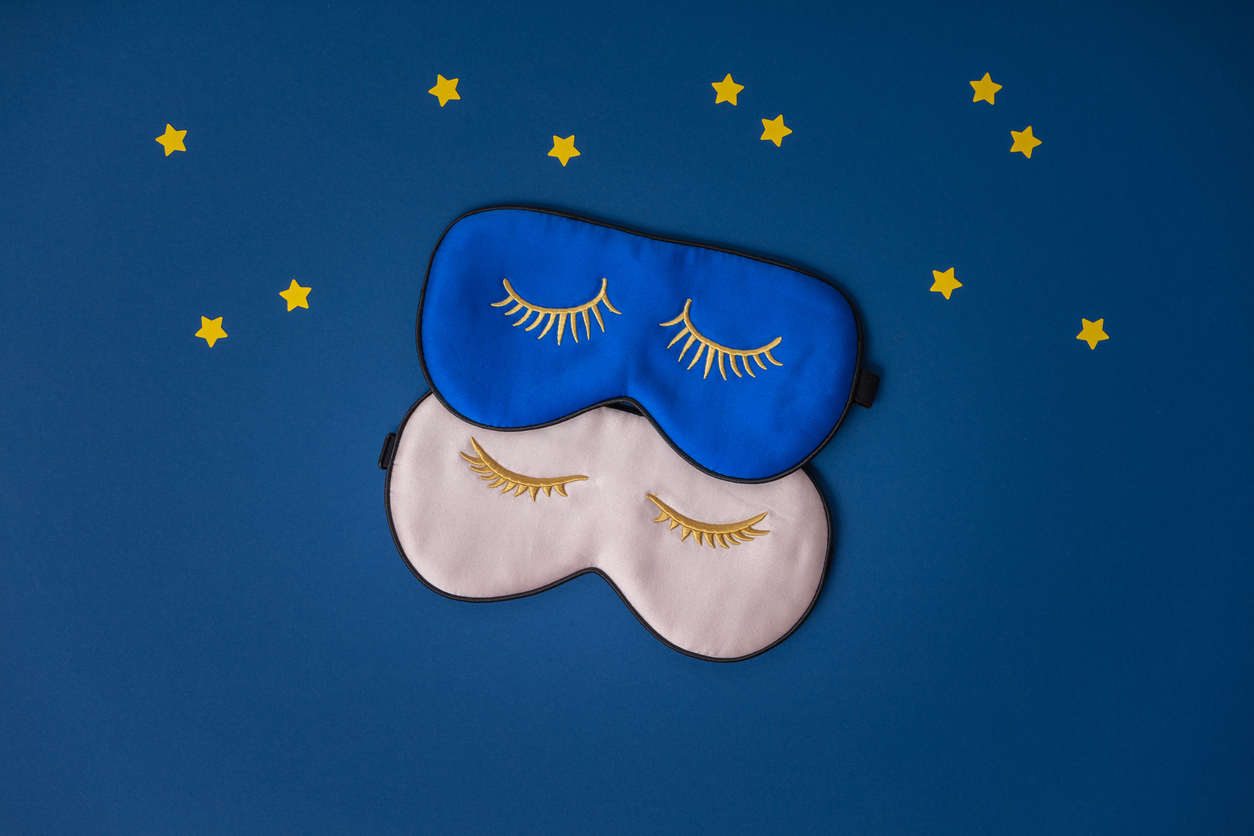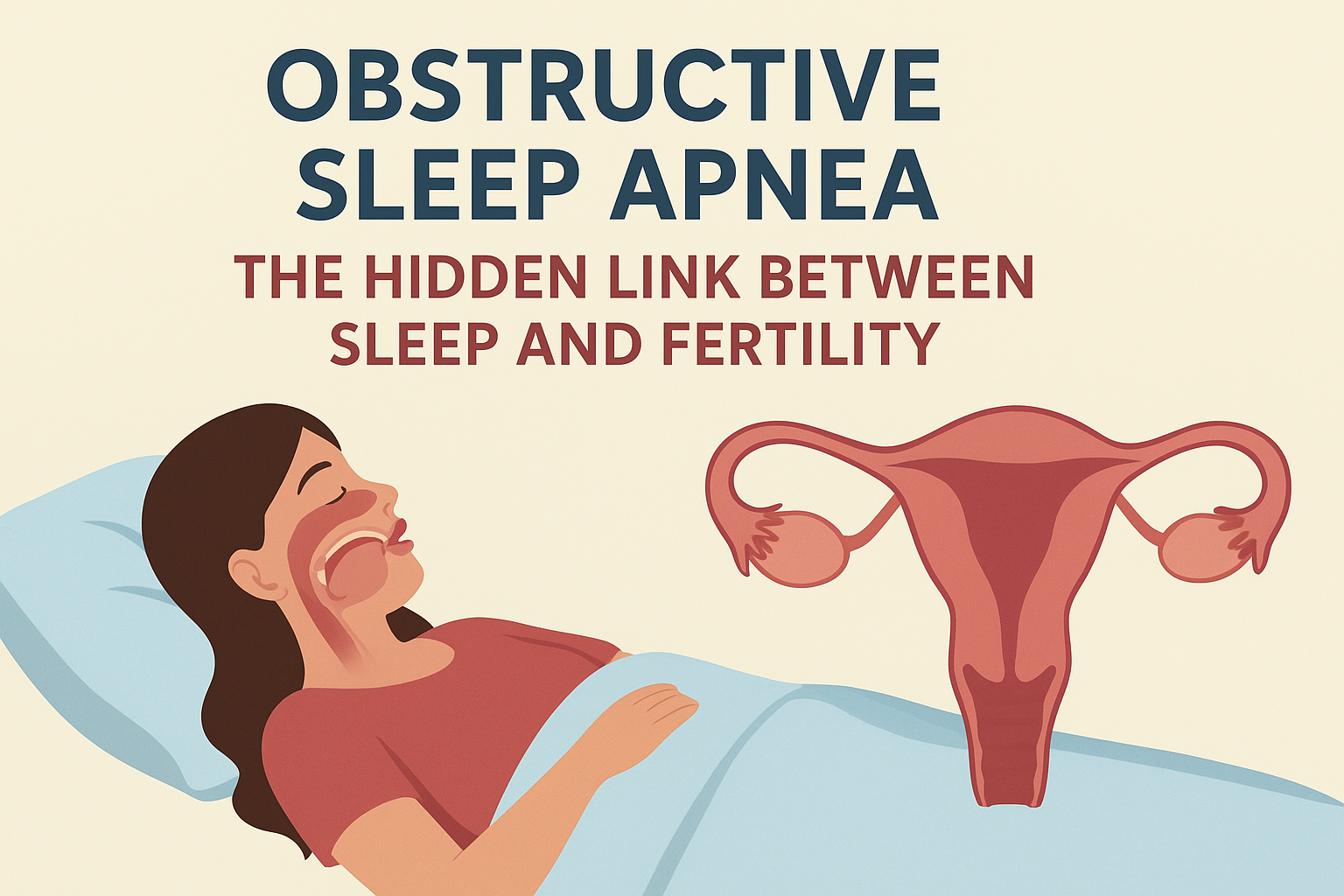May 12th 2021|| Sleep Tracker by Dr.Manvir/Saunri
Introduction
A full good night’s sleep is one of the most important things to have for good health. Modern lifestyles have changed sleeping habits and people haves started sleeping later and later. Studies from all over the world have shown that sleep deprivation is a major risk factor for developing cardiovascular disorders such as coronary heart disease, acute myocardial infarction, heart failure and stroke later in life. Poor sleep has also been linked to shorter lifespan.
While the best way to study your sleep is through polysomnographic studies in a lab, it is not always possible, hence, a growing number of health conscious people have now begun to take their sleep seriously and started the use of “Sleep Trackers” to track their sleep.
The American Academy of Sleep Medicine has recently stated that sleep-tracking devices are not substitutes for medical evaluation. However, they have encouraged the use of these devices to enhance the patient-clinical interactions in addition to information gathered during medical evaluation.
What is a sleep tracker?
A sleep trackers is a small device such as a watch, a ring or a wristband, that you wear while you are asleep. Some sleep trackers also come embedded in the mattress or pillow. These trackers work on the principle of actigraphy or the process of tracking movement. This is done with the help of motion sensing technology such as an accelerometer or gyrometer that can detect slight changes in movement. Some sleep trackers are also able to monitor heart rate and body temperature.
What does the sleep tracker tell you?
While a sleep tracker cannot give you as much information about your sleep patterns such as a polysomnographic study would tell you, it would still be able to tell you a few things such as:
- Daily sleeping patterns
- Sleep Duration
- Breathing patterns
- Body temperature changes through the night.
How will using a sleep tracker benefit you?
Sleep trackers track patterns such as when you wake up, when you go to sleep, how ling you have slept, etc. After using a sleep tracker, you find that you suffer from sleep deprivation or poor sleep duration, you must work on improving your sleep.
Sometimes, even though you may sleep for 8 to 10 hours, you may wake up feeling unrefreshed. This may be because of an undetected condition such as sleep apnea, where your breathing may be partially woke up through the night. In such situations, data from a sleep tracker would help you notice the problem and consult the doctor.
Studies have also found that using wearable sleep trackers and fitness trackers increases physical activity which may then increase the quality of sleep.
Sleep trackers are an aid to studying sleep patterns
Along with all the benefits, sleep trackers also have a few cons. Since they mostly work on sensing movement they often overestimate or underestimate the amount of time that you have spent sleeping. Hence, one must not use sleep trackers to replace polysomnography but instead use it as a simple home aid.
Get yourself a sleep tracker
Apart from all the sleep data that you will receive, one of the other ways that purchasing a sleep tracker will help you is that you would make a conscious effort to improve your sleep.
Use of sleep tracker devices are a simple and efficient way to be more conscious and aware of your sleep and health.
To seek help or know more about Sleep Trackers, you can visit the Neurology and Sleep Centre, the 1st sleep centre in the country accredited by Indian Board of Sleep Medicine at L-23, Hauz Khas Enclave, New Delhi, Delhi-110016 (INDIA)
Or give a call on +91-11-46070321, +91-9643500270,
References:
De Zambotti, M., Cellini, N., Goldstone, A., Colrain, I. M., & Baker, F. C. (2019). Wearable sleep technology in clinical and research settings. Medicine and science in sports and exercise, 51(7), 1538.


